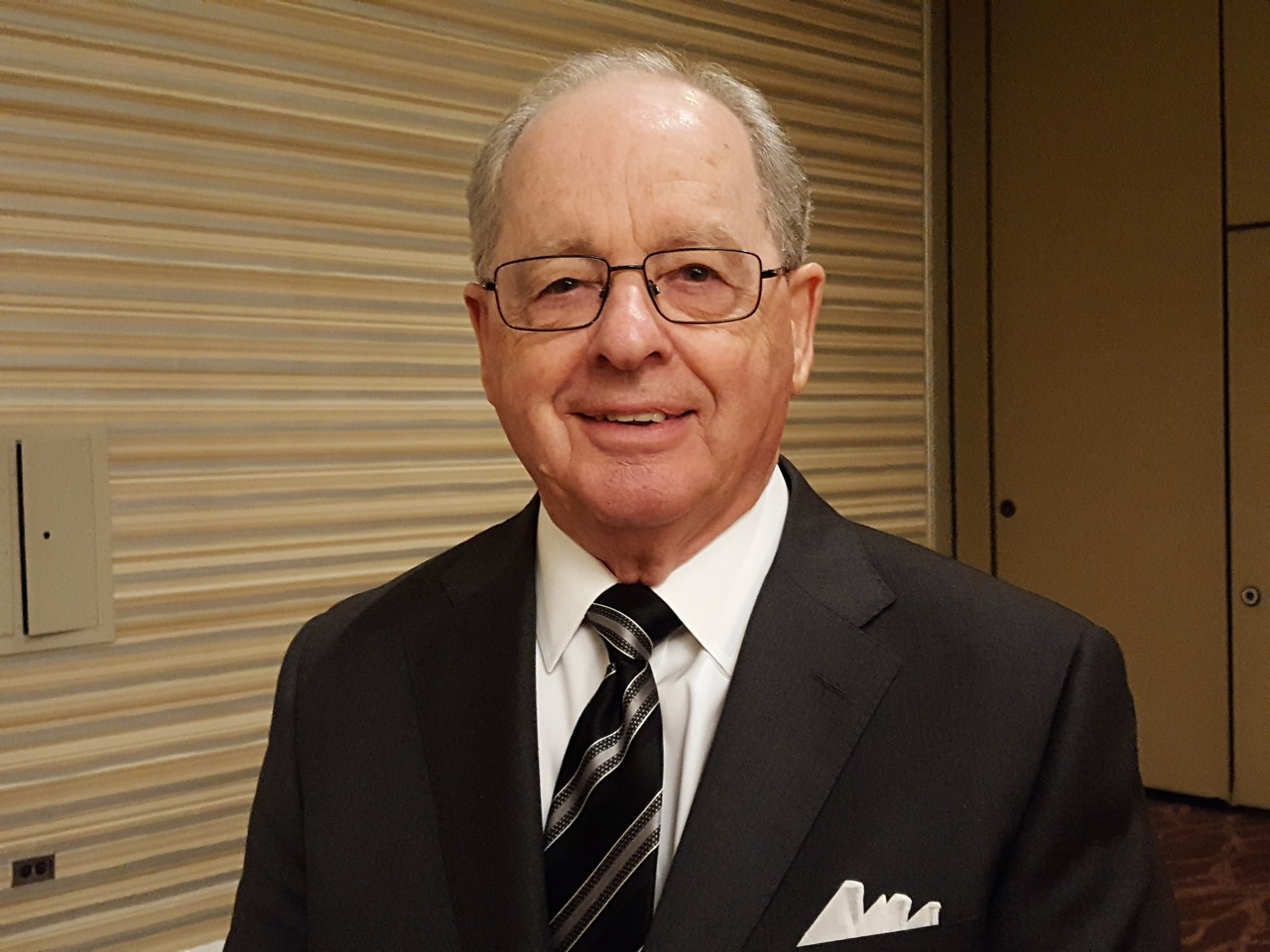
Advocating for Ag with Simplified Terms
By Brianne Boyett, Associate Editor
It’s important when the agricultural industry is speaking with others outside the industry to use more simple ag terms that people can understand.
“Every industry, whether you’re a lawyer, a doctor, an agriculturists, we talk in code, and we kind of assume that other people understand and mostly, they don’t,” said George Soares, a partner of Kahn, Soares & Conway LLP.
Soares said we have to be clear in our message, and the way to do that with most public officials is to simplify the message, build off the simple starting point and through conversation, providing as much detail as you may need to provide.
“Instead, we lunge in, with all that we know about a topic, and many times, we just lose our audience by doing it that way,” Soares explained.
For example, many wanted to comment on the importance of chlorpyrifos, a crop protection material that was meeting new regulations.
“You might go into a meeting with a legislator and launch in with the word chlorpyrifos and people cannot pronounce it, much less understand it,” Soares said. “We need to talk more simplistic, whether it’s chemicals or virtually anything that we do in agriculture, because the typical person just cannot relate.”
Soares suggested keeping the human condition in mind when talking with people.
“In my view, the human condition is a simple term but it takes the issues down to its essences. It’s talking about people and the effect on people of decisions that are being made,” he said. “It’s not a particular layer of people, but all people are impacted.”
“For example, when you prevent water from flowing like it should in California, what is the impact on the human condition? When you start probing at that level, you tend to get people’s attention,” Soares explained. “But too often, we in agriculture get ourselves lost in the technical and in the great detail of things, instead of boiling it down to its essence.”
Soares discussed the 2010 water bond negotiation and the fact that it wasn’t obtaining many votes until he brought in a group of Latinos to share how the lack of water affected them personally.
“It was very interesting, as it almost turned the votes on the dime, supporting the water bond. Because now, in the minds of the legislators, here are real people, experiencing the human condition. That brought a lot more authority to their message than other people. The legislatures started listening, and all of a sudden, the impossible became possible,” Soares said.
The legislature saw that these people might lose their jobs, have to move and most importantly, lose their American dream.
“An employee can speak more effectively about impacts on themselves instead of having their employer represent their interest in a conversation. We’re just not as believable as the individual themselves, speaking for themselves,” Soares explained.








